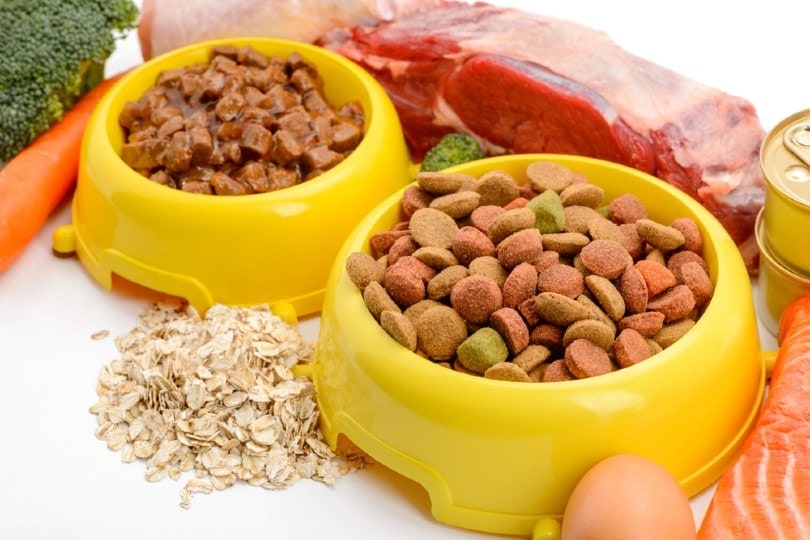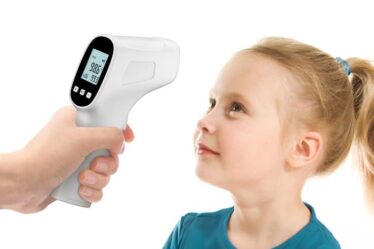
As a dog owner, it’s important to monitor your dog’s diet and nutrition to ensure they are receiving all the necessary nutrients they need to live a healthy and happy life. Just like humans, dogs require a balanced diet that includes the right amount of protein, carbohydrates, fats, vitamins, and minerals.
One of the main reasons to monitor your dog’s diet is to prevent obesity. According to the Association for Pet Obesity Prevention, approximately 54% of dogs in the United States are overweight or obese. Carrying excess weight can lead to a variety of health problems in dogs, including joint problems, diabetes, and heart disease. It’s important to feed your dog the correct amount of food based on size, age, and activity level to prevent them from becoming overweight.
Another reason to monitor your dog’s diet is to prevent nutrient deficiencies. Just like humans, dogs can develop deficiencies in certain nutrients if they are not receiving enough of them in their diet. For example, a deficiency in calcium can lead to weak bones and dental problems, while a deficiency in vitamin E can lead to muscle weakness and a decreased immune system. By feeding your dog a well-balanced diet, you can help ensure they are getting all the nutrients they need to stay healthy.
In addition to monitoring the nutrients in its diet, it’s also important to be aware of what your dog should and shouldn’t eat. Some human foods can be toxic to dogs and can lead to serious health problems if ingested. For example, chocolate, onions, and grapes can all be toxic to dogs and should be avoided. It’s also important to avoid giving your dog cooked bones, as they can splinter and cause blockages or tears in the digestive tract.
There are many ways to ensure your dog is receiving a healthy and balanced diet. One option is to feed them commercial dog food, which is formulated to provide all the necessary nutrients your dog needs. It’s important to choose a high-quality brand that is appropriate for your dog’s size and life stage. Another option is to feed your dog a homemade diet, which can be tailored to meet your dog’s specific needs and preferences. If you choose this option, it’s important to consult with a veterinarian or a canine nutritionist to ensure the diet is nutritionally complete.
Regardless of which feeding option you choose, it’s important to pay attention to portion sizes and not overfeed your dog. It’s also important to consider any health issues your dog may have and to consult with a veterinarian if you have concerns about your dog’s diet or nutrition.
In conclusion, monitoring your dog’s diet and nutrition is essential to its overall health and well-being. By feeding them a balanced diet and being aware of what they should and shouldn’t eat, you can help prevent obesity and nutrient deficiencies and ensure your dog is living their best life.



